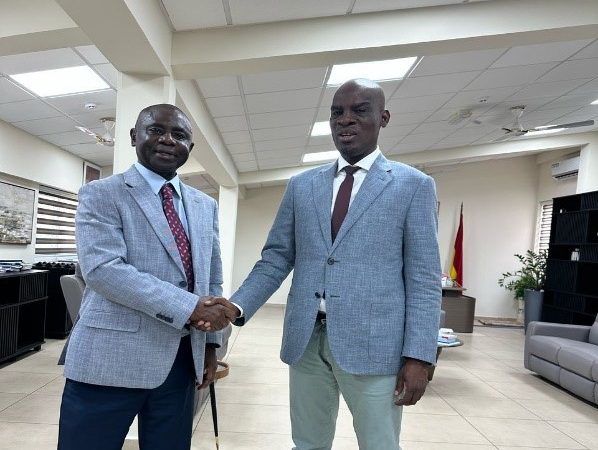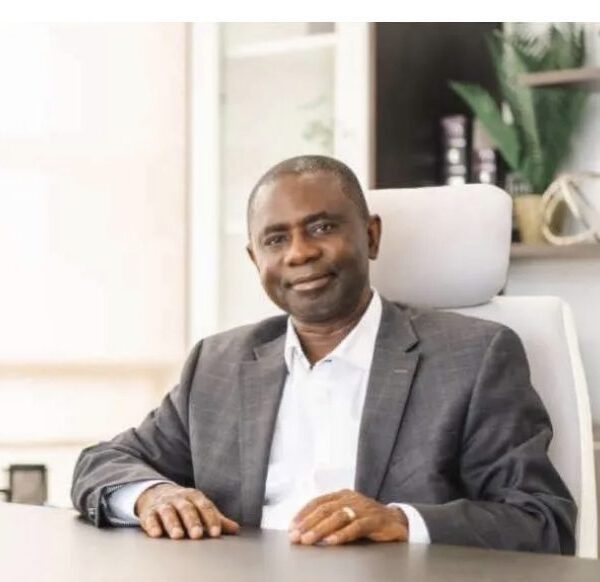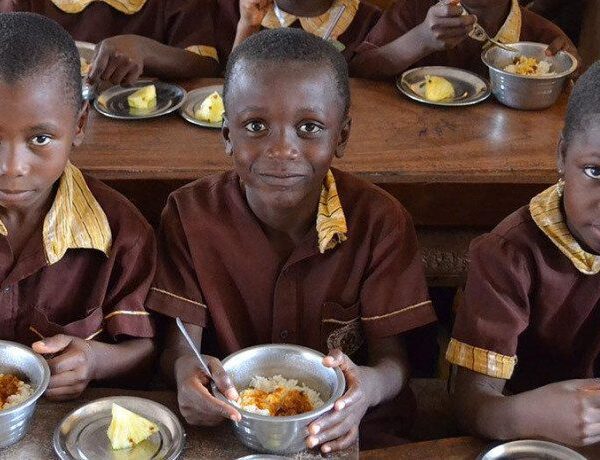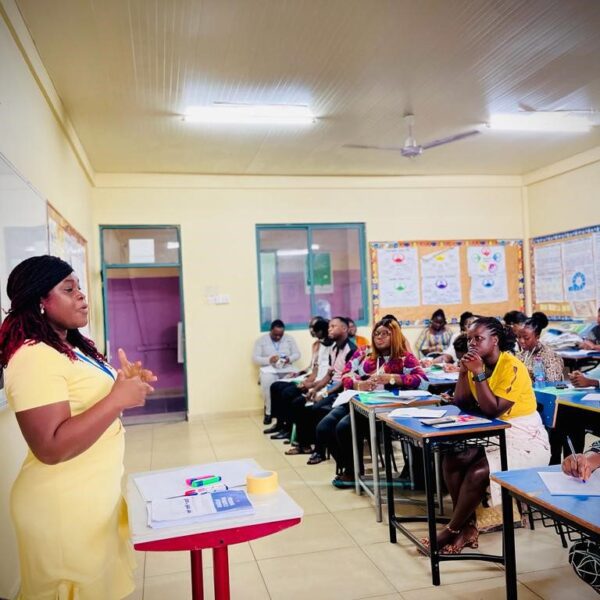
Executive Director of Ghana ASCD pays courtesy call, invites Minister to International Educators Summit
Haruna Iddrisu Takes Over as Minister of Education President John Dramani Mahama has officially sworn in Hon. Haruna Iddrisu as Ghana’s new Minister of Education, following his approval by Parliament. ... Read More



